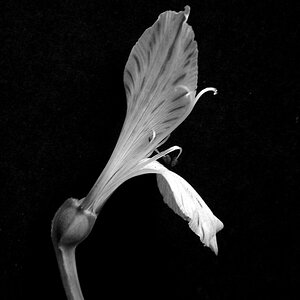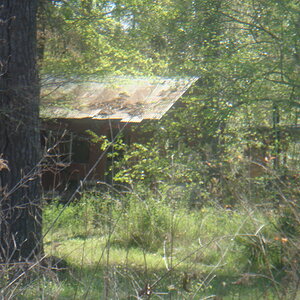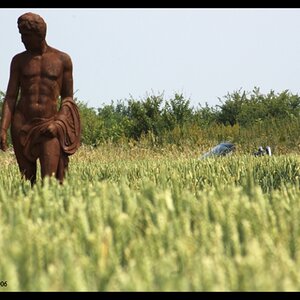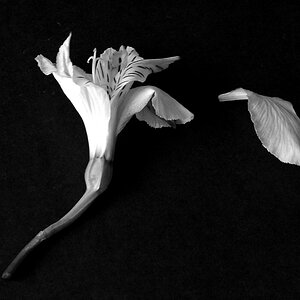TedBundy
TPF Noob!
Okay so I have watched a lot of youtube videos and heard that a 50mm lens is extremely good for a beginner because it teaches you how to use your feet instead of relying on the zoom feature. Can you guys confirm or deny and kind of give me some ideas of the pros and cons of this lens? I am looking into getting one as I am a beginner and think this could teach me a few things. I was also looking at this one on amazon and it seems be compatible with my 60D.
Amazon.com: Canon EF 50mm f/1.8 II Camera Lens: CANON: Camera & Photo
Also if someone was a TOTAL beginner would you recommend the 50mm lens over the standard 18-55 ?
Amazon.com: Canon EF 50mm f/1.8 II Camera Lens: CANON: Camera & Photo
Also if someone was a TOTAL beginner would you recommend the 50mm lens over the standard 18-55 ?
As an Amazon Associate we earn from qualifying purchases.


![[No title]](/data/xfmg/thumbnail/39/39184-d7e9fb25ed954af6adbcacfdf106df84.jpg?1619738904)

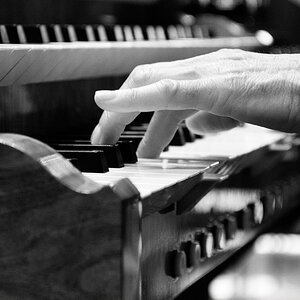
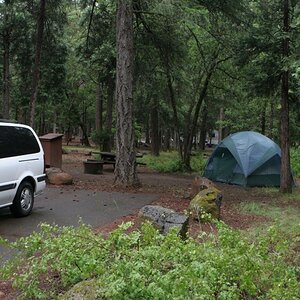
![[No title]](/data/xfmg/thumbnail/36/36396-f8e84def7352af726df923054b86284f.jpg?1619737549)
![[No title]](/data/xfmg/thumbnail/39/39186-88f5235eacfd57deab14674ccf8e7f0a.jpg?1619738905)
